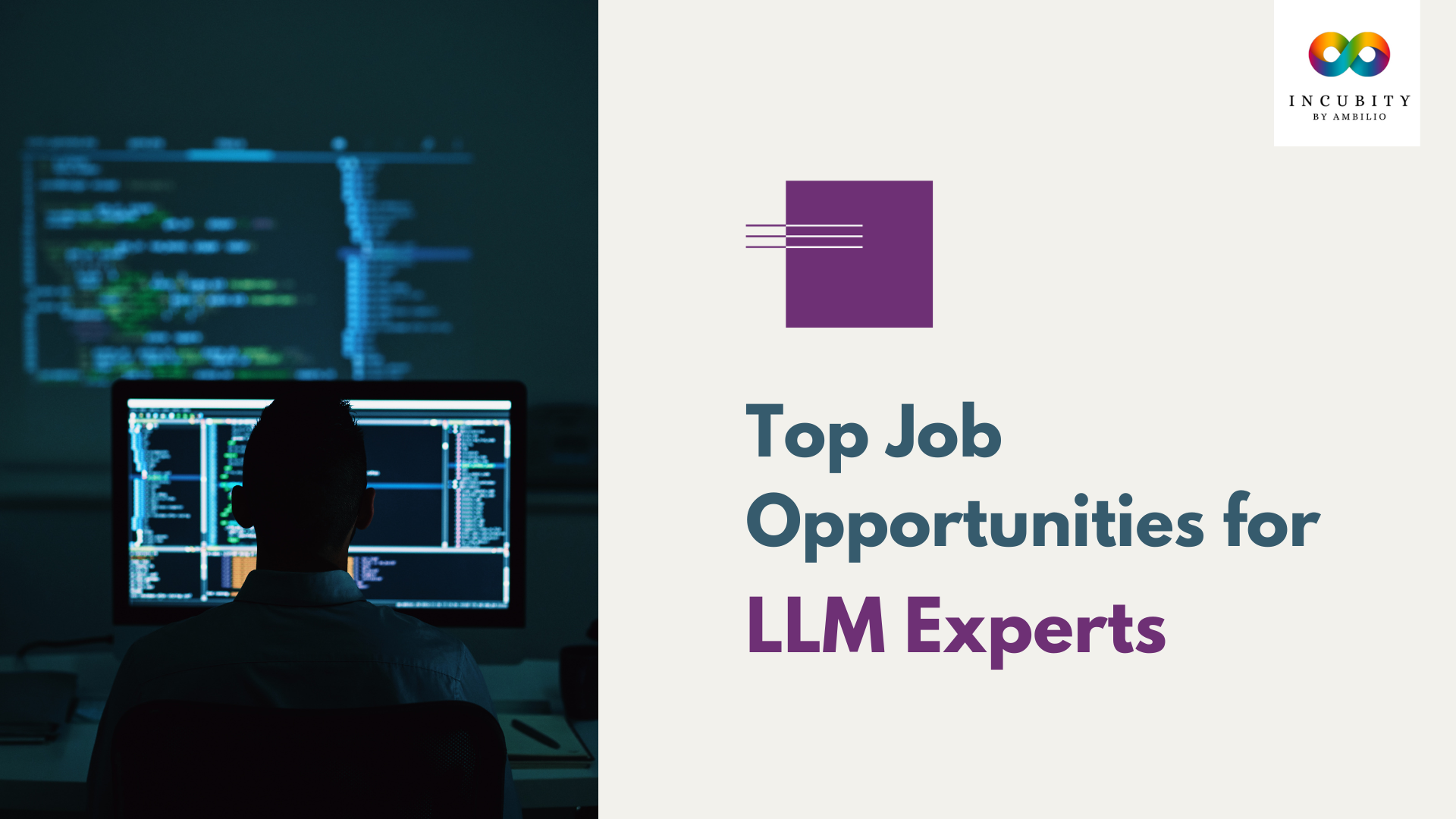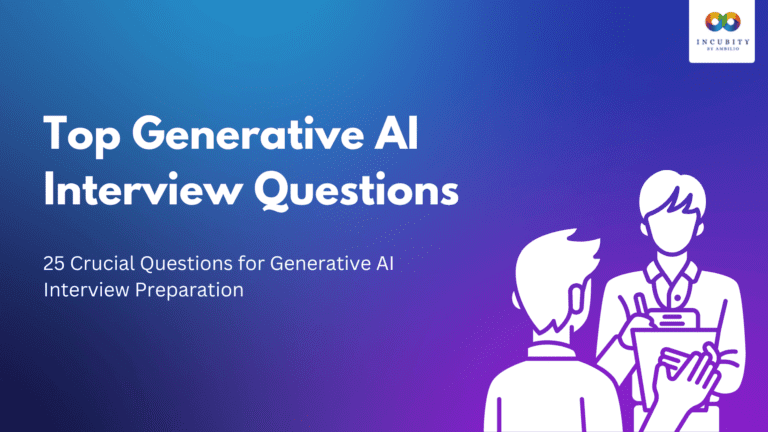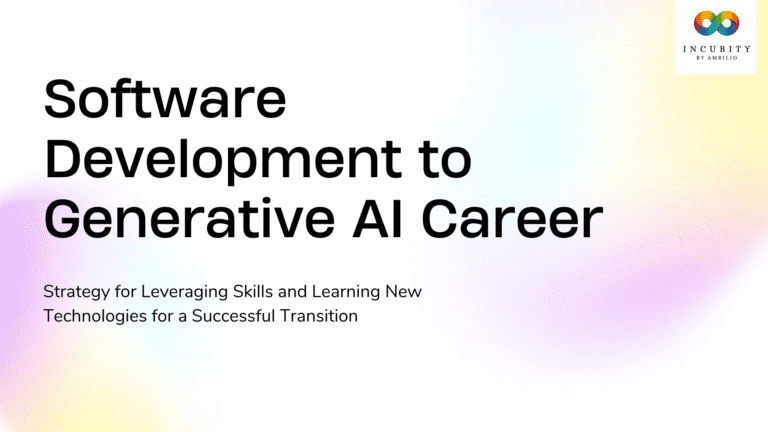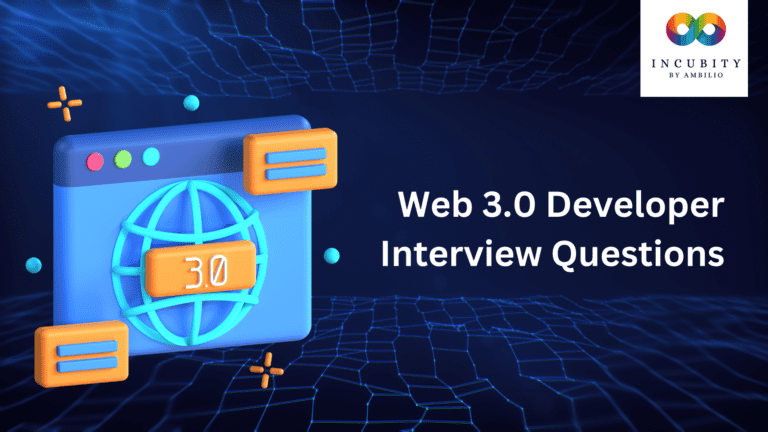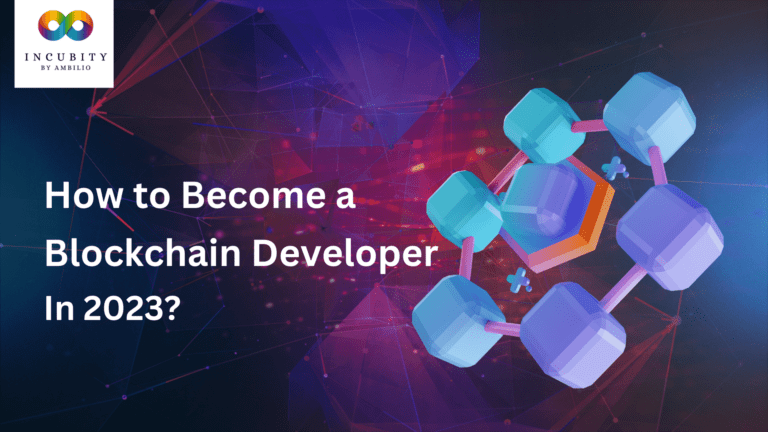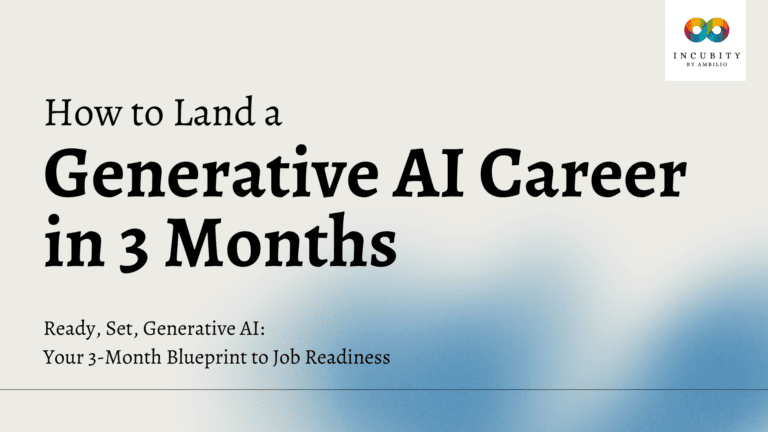In the dynamic landscape of artificial intelligence (AI), Large Language Models (LLMs) are carving out distinctive career avenues. These top five career pathways in LLMs present a plethora of opportunities, each demanding a unique skill set and specialized knowledge. As we journey into 2024, here’s a detailed overview of LLM Job Opportunities in 2024, these promising career tracks, their prerequisites, and how to prepare for them.
1. LLM Developers and Engineers
Role:
LLM Developers and Engineers serve as the trailblazers in crafting the foundation of AI. Their responsibilities revolve around constructing, refining, and optimizing the intricate frameworks of language-based models, pushing the boundaries of innovation and functionality.
Requirements:
Expertise: A robust understanding and command of computer science, machine learning, and natural language processing (NLP) form the bedrock of this role. Mastery in these domains enables the design and development of sophisticated AI architectures.
Technical Skills: Proficiency in LLM frameworks like TensorFlow or PyTorch is indispensable. Moreover, hands-on experience in distributed computing systems is essential to comprehend and implement scalable solutions.
Preparation Pathway:
Education: Embarking on a master’s degree journey in computer science, AI, or NLP serves as the gateway to comprehensive theoretical knowledge. Coupled with coursework focusing on deep learning and advanced NLP, this academic pursuit lays the groundwork for a strong foundation.
Practical Experience: The theoretical grasp gained through education finds its practical manifestation through internships. These hands-on opportunities not only offer exposure but also provide a platform to contribute meaningfully to open-source LLM projects. Active involvement in real-world applications hones problem-solving skills and cultivates a deeper understanding of implementation challenges.
In this role, a convergence of theoretical prowess and practical proficiency becomes the driving force behind steering the evolution of AI through LLMs.
2. LLM Application Specialists
Role:
LLM Application Specialists serve as the bridge between cutting-edge AI capabilities and real-world challenges. Their role revolves around leveraging the capabilities of LLMs to solve problems across various sectors, translating the power of language-based models into tangible, applicable solutions.
Requirements:
Domain Expertise: Profound knowledge of a specific field is foundational. This expertise, combined with a deep understanding of LLMs, enables these specialists to contextualize AI solutions within the nuances of diverse sectors. Whether it’s marketing, education, healthcare, or law, a specialized understanding facilitates effective problem-solving.
Analytical Skills: A strong foundation in data analysis coupled with critical thinking skills forms the backbone of an LLM Application Specialist’s toolkit. The ability to interpret data outputs from LLMs and derive actionable insights is essential for successful application deployment.
Preparation Pathway:
Specialization: Focus on a chosen domain and delve deep into its intricacies. Supplement this with LLM-specific training or certification courses that provide a comprehensive understanding of how these models can be effectively applied within that field.
Skill Enhancement: Sharpen communication and problem-solving skills to articulate complex AI solutions effectively. Staying updated with the latest advancements in LLMs ensures that these specialists remain at the forefront of innovative applications.
This career pathway demands a fusion of specialized knowledge in a particular domain with a nuanced understanding of LLM capabilities, creating a symbiotic relationship between advanced technology and real-world challenges.
3. Explainable AI and Human-in-the-Loop Specialists
Role:
In the realm of increasingly powerful AI, these specialists play a pivotal role in ensuring responsible and ethical AI usage. They serve as the bridge between the complex algorithms of AI and human understanding, focusing on transparency, bias mitigation, and maintaining ethical standards in LLM applications.
Requirements:
Ethical Expertise: A strong foundation in ethics, social sciences, and risk management is fundamental. Understanding the societal impact of AI and navigating the ethical implications of its use are key aspects of this role.
Technical Knowledge: Proficiency in AI fundamentals, human-computer interaction, and explainable AI forms the technical backbone. The ability to comprehend intricate AI systems and articulate their decisions in understandable terms is crucial.
Preparation Pathway:
Educational Background: Pursuing studies in social sciences or ethics provides the ethical framework necessary for this role. Supplementing this with AI fundamentals and human-computer interaction training creates a well-rounded understanding of the intersection between technology and ethics.
Hands-on Experience: Gaining practical insights through user research and engaging in user-centered design processes offers valuable perspective. Understanding how users interact with AI systems and identifying potential pitfalls is essential in fostering ethical AI practices.
This career pathway necessitates a balance between ethical acumen and technical proficiency, playing a pivotal role in ensuring AI aligns with societal values and ethical norms.
4. LLM Data Analysts and Strategists
Role:
This is one of the most anticipated LLM Job Opportunities in 2024. LLM Data Analysts and Strategists play a pivotal role in the AI ecosystem by curating and refining data that fuels the training of LLMs. They ensure the data’s quality, relevance, and accuracy, forming the backbone of the AI model’s efficacy.
Requirements:
Analytical Prowess: Expertise in data analysis, data mining, and natural language processing (NLP) is essential. Proficiency in these areas enables these professionals to derive meaningful insights from data and harness its potential for AI training.
Regulatory Understanding: Awareness of data privacy and security regulations is crucial. Understanding and adhering to these regulations ensure responsible data handling, mitigating risks associated with data breaches or misuse.
Preparation Pathway:
Education: Pursuing a master’s degree in data science or related fields lays a robust foundation. This education is coupled with the development of strong analytical and programming skills, essential tools for effective data handling.
Practical Exposure: Hands-on experience in data cleaning and text analysis through internships or involvement in research projects provides valuable practical insights. Engaging directly with data processes enhances understanding and proficiency in handling data for AI applications.
In this role, a fusion of technical acumen in data analytics with a comprehensive understanding of regulatory compliance becomes instrumental in nurturing high-quality data for AI models.
5. LLM Policy and Governance Experts
Role:
LLM Policy and Governance Experts are the custodians of ethical AI deployment. They craft regulations, address privacy concerns, and ensure responsible and compliant utilization of LLMs, safeguarding societal values.
Requirements:
Legal and Ethical Expertise: A robust understanding of law, policy, and ethics, coupled with a profound comprehension of AI implications, is indispensable. These professionals navigate the legal landscape and ethical considerations of AI deployment.
Practical Skills: Experience in policy development, risk analysis, and stakeholder engagement forms the practical foundation. These skills facilitate the formulation of effective policies and strategies aligned with ethical and regulatory frameworks.
Preparation Pathway:
Educational Background: Attaining a foundational education in law, policy, or ethics serves as the bedrock. Supplementing this with training focusing on AI’s societal impact creates a comprehensive understanding of the complex interplay between AI and ethical governance.
Stay Updated: Continuous learning and staying abreast of emerging laws, regulations, and ethical paradigms surrounding AI are crucial. Remaining current with evolving standards ensures effective policymaking and governance.
This career track necessitates a synthesis of legal acumen, ethical considerations, and practical skills, enabling these experts to steer the responsible and ethical deployment of LLMs within a constantly evolving regulatory landscape.
Final Words
In conclusion, 2024 holds immense potential for professionals venturing into the realm of LLMs. A diverse skill set, combined with targeted education and practical exposure, will be instrumental in flourishing within these groundbreaking LLM Job Opportunities in 2024.
Incubity also offers many programs for talent development in Generative AI and LLMs. One can consider taking the per-recorded courses to make a solid foundation, attend live trainings to make a strong capability and join project mentoring program to work on live projects with mentors. These programs will surely help enthusiasts preparing well for LLM job opportunities in 2024

